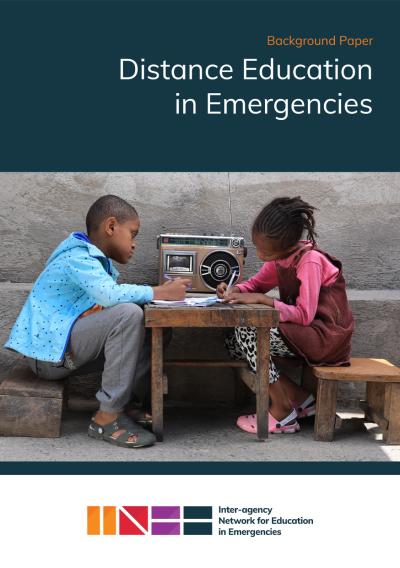Domain 3: Teaching and Learning
The standards in this domain emphasize that equitable access to education must be accompanied by quality teaching and learning, and attention to children’s and young people’s emotional, physical, and cognitive wellbeing. This means that learners require a relevant and inclusive curriculum, along with teaching and learning approaches that promote their social and emotional development. Emergencies can offer the opportunity to improve many aspects of education, including the curriculum, teaching methodology, access to MHPSS, learner assessments, and teachers’ professional development.




